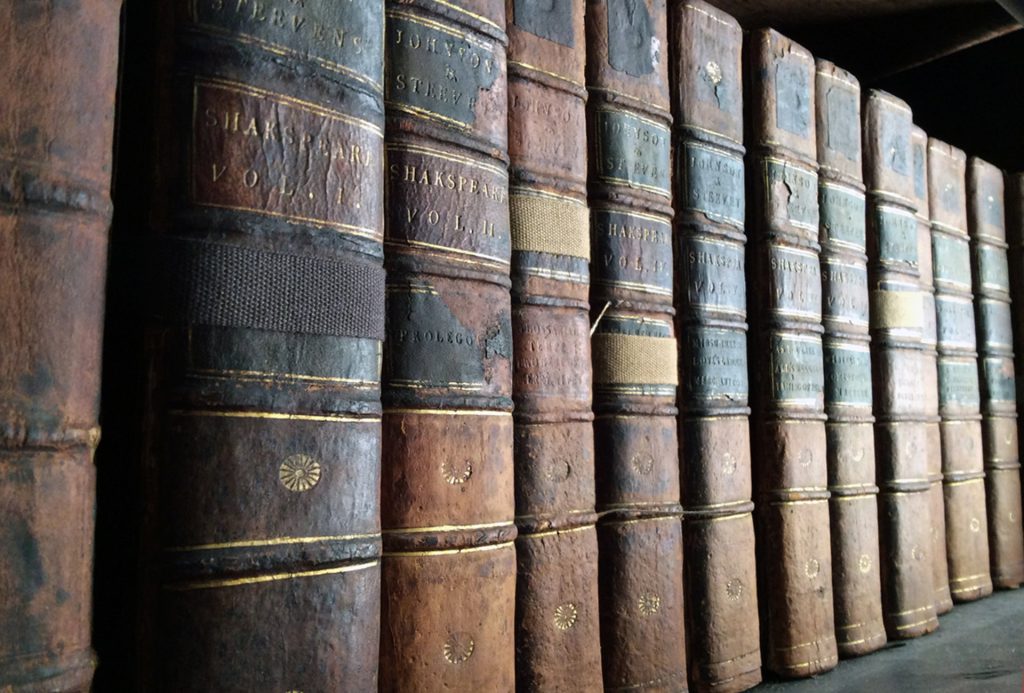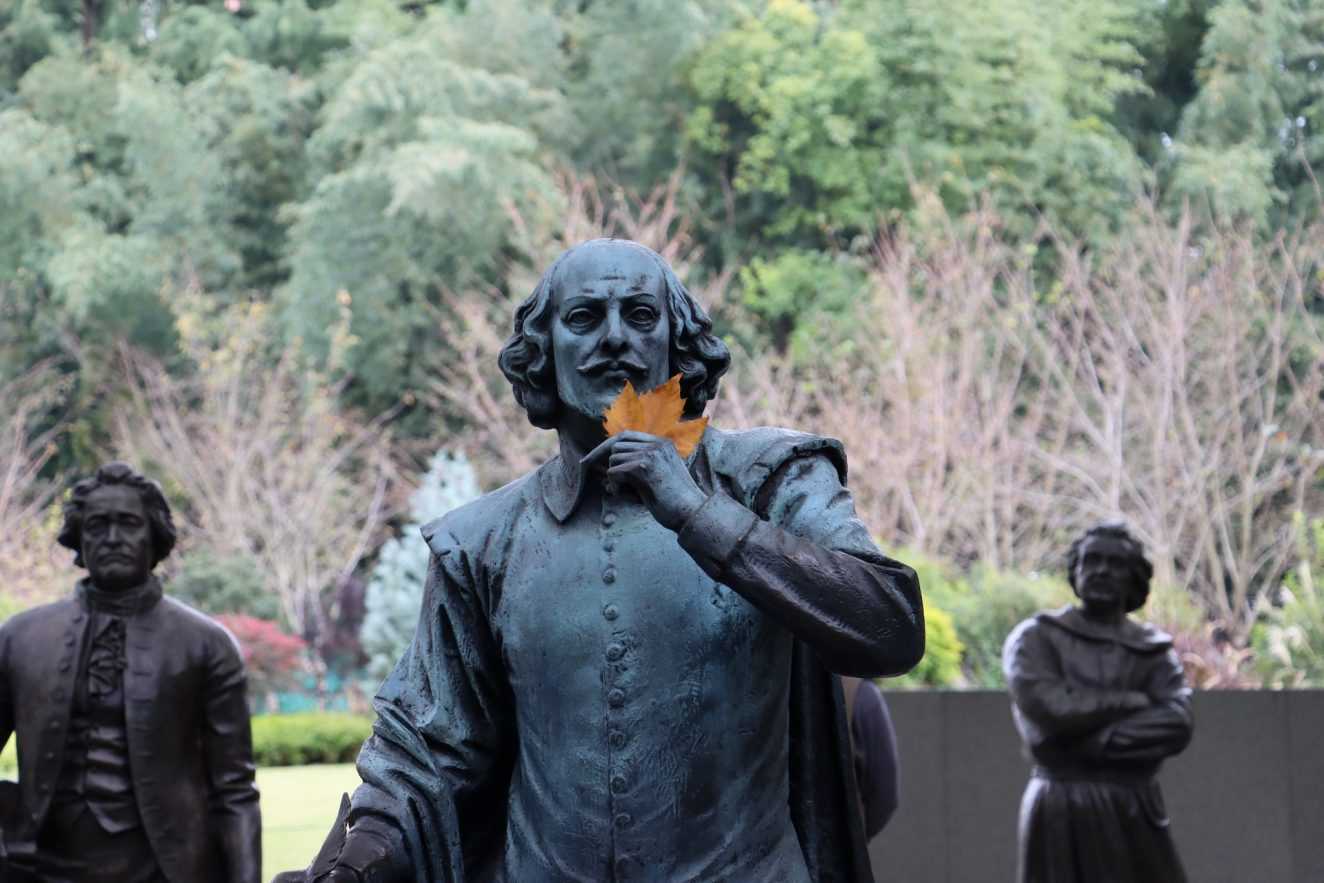In the grandeur of world literature, few names shine as brightly as William Shakespeare. His works, eternally captivating, weave a narrative that transcends time and resonates with audiences across cultures. Join us on a journey through the landscapes of Shakespearean writing as we explore the genius of the Immortal Bard.

A Legacy Across Time
Shakespeare’s Mythical Beginnings
In the quaint town of Stratford-upon-Avon in 1564, a literary giant was born. William Shakespeare, often hailed as the “Bard of Avon,” embarked on a journey that would leave an indelible mark on literature. From humble beginnings, he crafted stories that would echo through generations.
Timeless Stories and Colorful Characters
Shakespeare’s brilliance lies in his ability to pen tales that transcend temporal boundaries. Works like “Romeo and Juliet” and “Macbeth” delve into the intricacies of love, ambition, and human relationships. His plays, with their vibrant characters, possess a universal appeal that captivates audiences through the ages.
Linguistic Legacy
Beyond ideas and characters, Shakespeare’s mastery of language sets him apart. His sonnets, adorned with lyrical beauty and intricate wordplay, have become iconic. His linguistic influence echoes in everyday phrases like “all that glitters is not gold” and “to be or not to be,” enriching the English language.

A Theatrical Maestro
Shakespeare’s brilliance extended beyond the written word to the stage. London’s Globe Theatre, a haven of joy and wonder, witnessed the flourishing of plays like “Hamlet” and “Othello.” The theater became a window into Shakespeare’s mind, where his narratives came alive, captivating audiences with the magic of storytelling.
Influence Across Mediums
Shakespeare’s legacy transcends the written word. His works have inspired writers, poets, filmmakers, and artists, shaping innovation in the arts. From the stage to the canvas, Shakespeare’s river of influence continues to flow, leaving an enduring mark on the world of creativity.
The Power of Storytelling
In essence, William Shakespeare’s legacy showcases the transformative power of storytelling and language. Delving into the realm of the Immortal Bard is akin to exploring human nature through the brushstrokes of words. Whether a seasoned admirer or a newcomer, one stands in the company of millions enchanted by the grandeur of Shakespeare’s literary realm.
Focusing on Shakespeare’s Mastery
Shaping the Dramatic Arts
Few literary figures have left as profound an impact on the dramatic arts as William Shakespeare. Revered as the “Bard of Avon,” his prowess as a playwright remains unparalleled. Let’s delve into the intriguing world of this master storyteller.
A Journey into the Elizabethan Landscape
Shakespeare’s journey as a playwright began in the vibrant tapestry of Elizabethan England. Born in 1564 in Stratford-upon-Avon, he would go on to reshape the theatrical landscape through his literary prowess. Training at the illustrious Globe Theatre in London, Shakespeare’s stagecraft captured the imagination of audiences worldwide.
Capturing Human Passion and Experience
The genius of Shakespeare lies in his ability to craft stories that evoke the full spectrum of human emotion. From the tragic depths of “Macbeth” to the poignant love story of “Romeo and Juliet,” his plays serve as tapestries that intricately capture the essence of the human soul.
Rich Characters and Complex Plots
Shakespeare’s characters are not mere players on a stage; they are complex entities with flaws, desires, and psychological depth. Characters like Hamlet, Lady Macbeth, and Othello reveal a profound understanding of human psychology, drawing audiences into the intricate webs of the narrative.
Theatrical Innovation
Beyond the narrative and characters, Shakespeare’s verbal fluency stands out. Metaphors, soliloquies, and poetic speech enrich the theatrical experience. Lines like “To be or not to be” resonate through time, a testament to Shakespeare’s enduring influence on the English language.

In conclusion, Shakespeare’s brilliance as a playwright lies in his deep insight into human nature, nuanced storytelling, and exquisite language. His legacy lives on as living pieces of art that inspire and enchant. Shakespearean plays transport audiences to a world of passion, ambition, and the unending search for meaning—a testament to the genius of a dramatist whose contributions to the theater are unrivaled in history.





